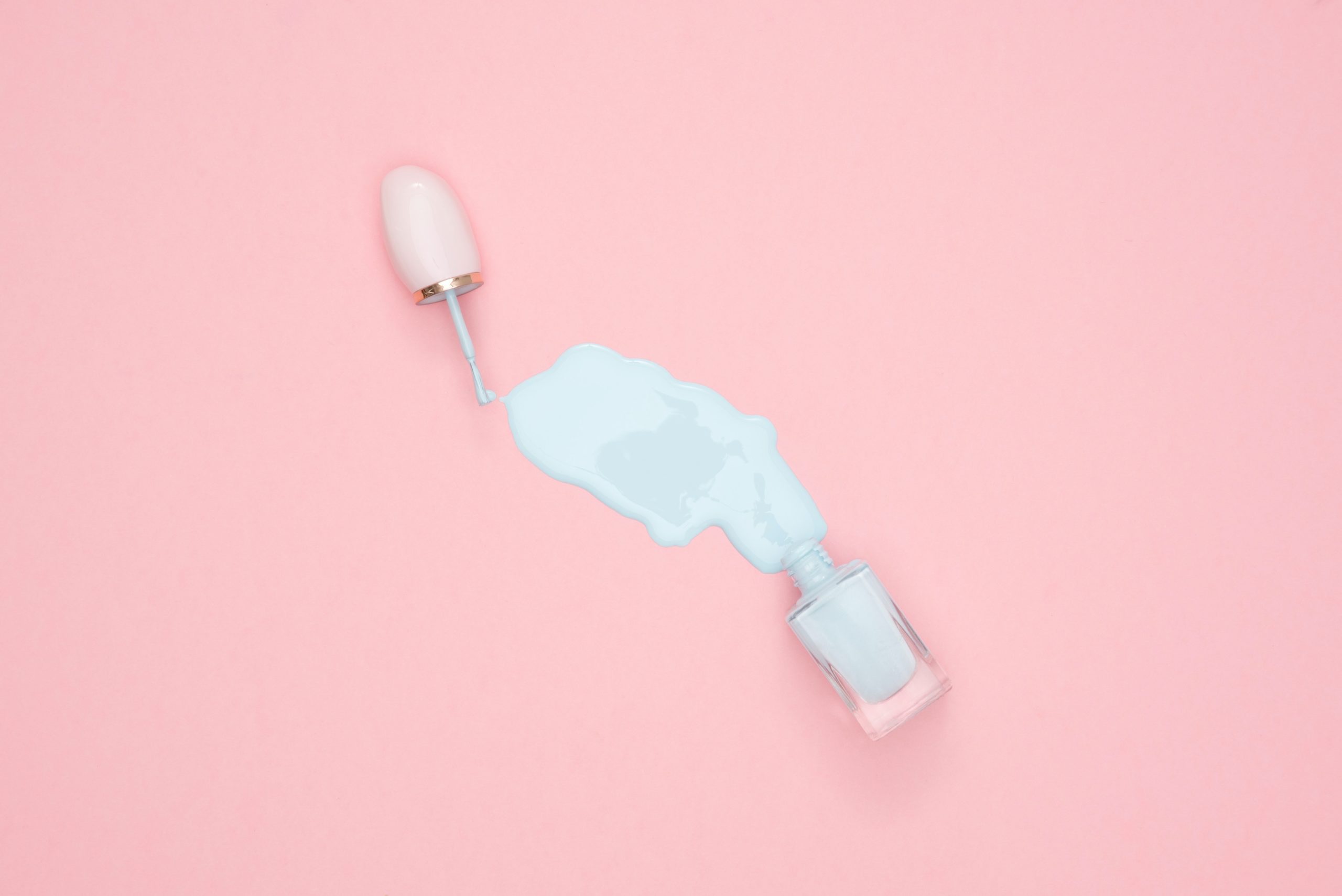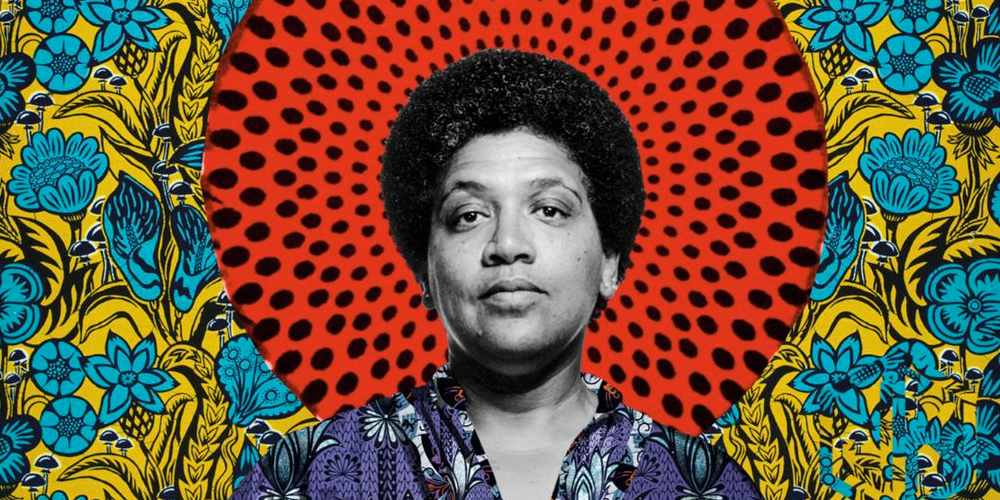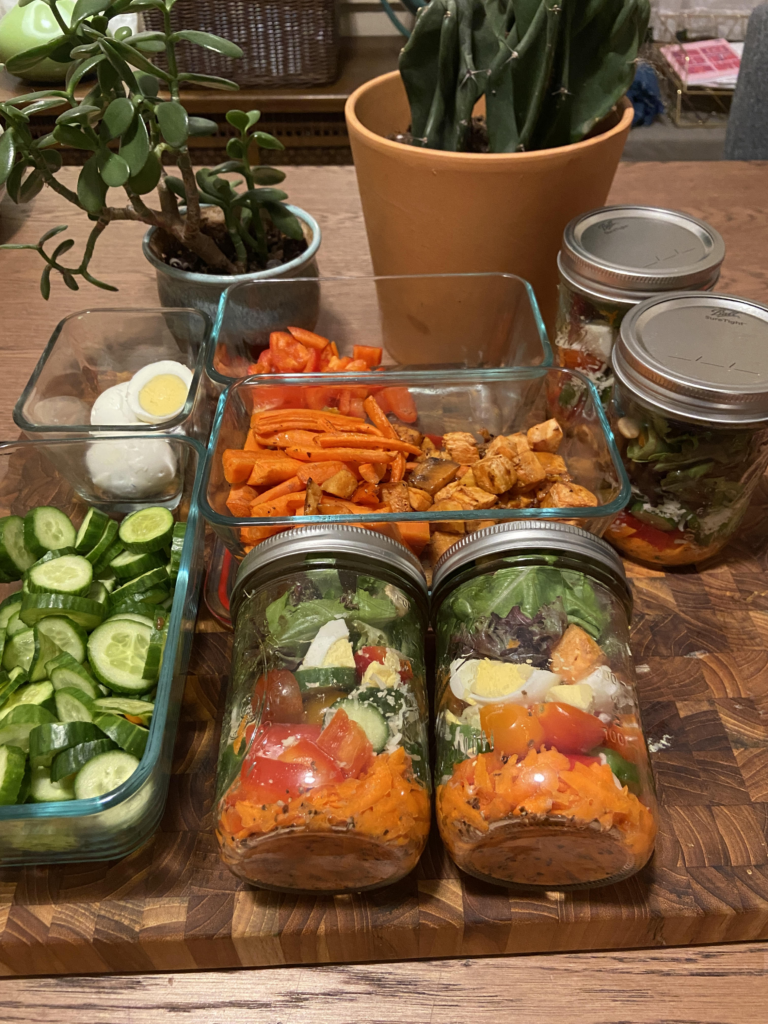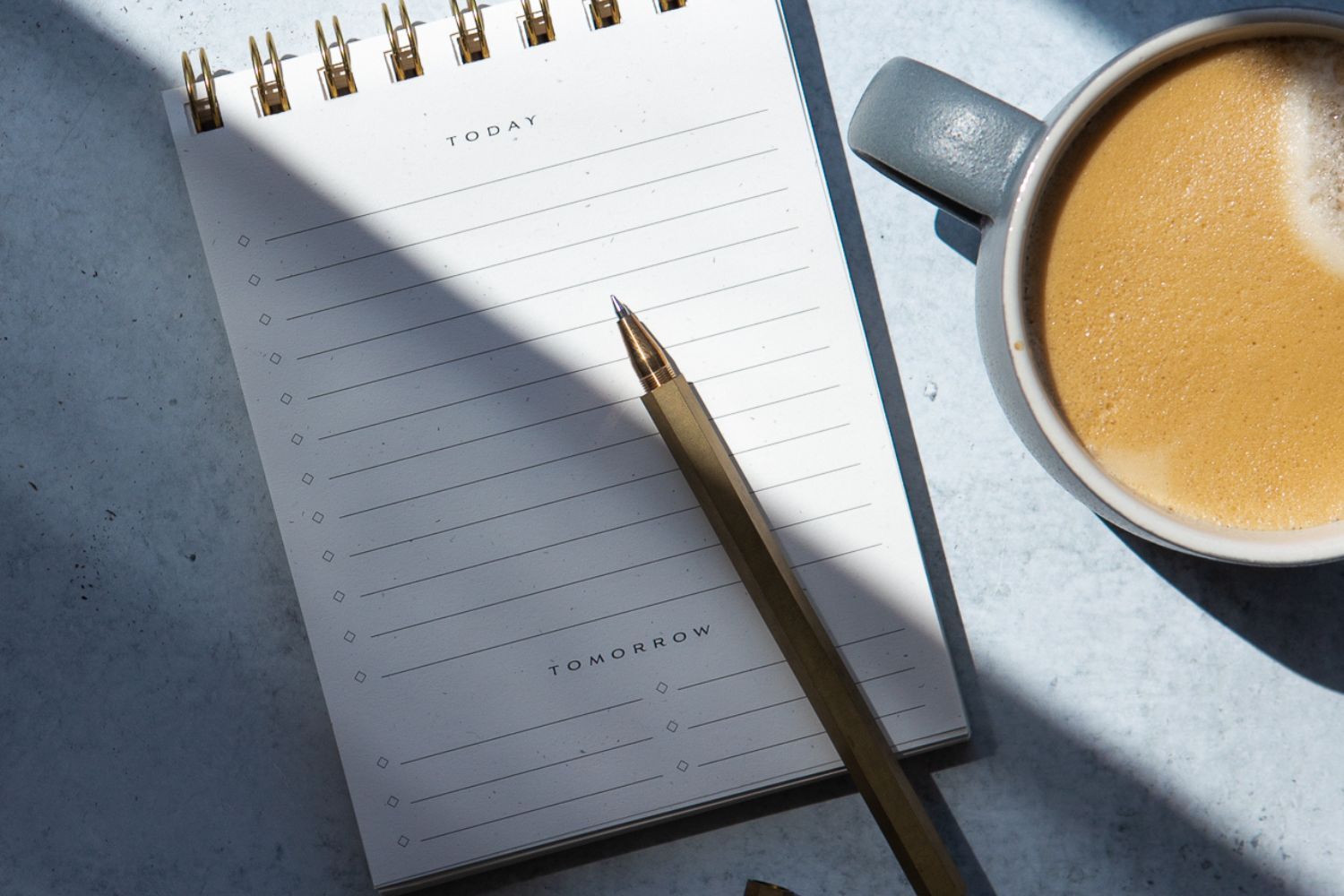
6 of the best self-care techniques you’ll never find on Instagram
When “self care” was used by feminist author Audre Lorde in A Burst of Light: and Other Essays in 1988, it meant the art of meeting your own needs in order to operate at your fullest capacity and participate in community care and activism. It was a radical and political action.
“Caring for myself is not self-indulgence. It is self-preservation, and that is an act of political warfare.”

In recent years, “self-care” has been reduced to an Insta hashtag used to sell everything from gummies to spa treatments to skincare. This “treating ourselves” stays surface-level, which can leave us feeling empty.
I’ve been practicing self-care since I was 10 years old. My sensitive constitution and habit of overextending myself meant it was easy to fall out of my internal balance and become stressed and sick. I knew, even then, that I needed lots of sleep, time alone, regular exercise like swimming or running, and simple, nourishing food.
Self-care took on a more political meaning post-college as I was becoming an activist: I interned at publications like Bitch Magazine and Venus Zine and began reading feminists like Simone de Beauvoir, Margaret Atwood, bell hooks, Alice Walker, Betty Friedan, Germaine Greer, and Emma Goldman. At some point, I started to realize that my people-pleasing, lack of boundaries, and tendency to take on too much were actually feminist issues. Why was I always putting myself last? Why did I need to prove my worth to boyfriends, family, even acquaintances? Turns out it was because I lived in a patriarchal, sexist society that regularly diminished my worth. And if I wanted to build up my self-worth so I could contribute to feminist, literary, and activist communities, I had to, as they say, put on my own oxygen mask first. Unfortunately, that inner-work isn’t always fun, and definitely doesn’t feel like treating yourself (at least in the moment).
Here are just a handful of the unsexy self-care routines that have made a disproportionate difference for my peace of mind and stress levels over the years.
1. Set up auto-pay for your bills
I grew up with very little money and for me, thinking about it used to be the worst kind of punishment. I resisted things like budgeting and financial planning for many, many years—until I realized that by avoiding the topic, I was guaranteeing that I actually had to think about it all the time in the form of late payments, overdue notices, and interest charges. When I finally sat down to automate my finances—by organizing a spreadsheet of expenses and setting up a calendar system to pay my bills online—the main reward was that I actually got to think about money a lot less. My system was imperfect at first, and there were times when I had to rework it, but my adrenaline and stress went way down once I no longer had constant money emergencies hovering, unresolved. I started to enjoy the habit of looking at my budget, since it was no longer a chaotic, fraught experience. Eventually, I even started saving, and these days, the act of viewing the balance of my healthy savings account is almost, ALMOST as good as a massage.
2. Do meal prep the weekend before a busy week

When I’m stressed and busy, the first thing that goes by the wayside is cooking. I immediately seek out convenience & prepared foods (hello Bugles, hello crackers, hello Smarties). Then, I feel like shit, do a sugar-crash, and get more stressed—it’s such a dumb cycle! A few years ago, I got into a routine of doing basic weekend food-prep so that every time I reached in the fridge, I’d have nourishing, semi-healthy options available for snacks and meals. It’s mostly easy stuff like making hard-boiled eggs, roasted veggies/herbs, brined chicken breasts, batches of grains cooked in broth and spices, and frozen lunches (like sweet potato and black-bean burritos). One of my favorite make-aheads are Mason-jar salads and since I’m ravenous at lunch, mine always include plenty of protein, nuts, etc. I change up the flavors by doing Thai, Southwest, Caprese, Cobb, and salade-nicoise versions. I also love Bon Appetit’s cold ramen salad for the summer months. For snack-prep, I buy protein-and-produce elements, and have them at the ready (snack-sized hummus + carrot sticks, apples + peanut butter, mandarins + cashews, string cheese + cherry tomato or if I’ve got time, the Smitten Kitchen’s Zucchini-Parmesan Chips).
By “automating” this aspect of my self-care, and putting in the work beforehand, I majorly reduced sugar highs and lows, and generally felt more calm, knowing that there was a fridge full of stuff to eat, even if I got busy.
3. Set a phone alarm for daily meditation sessions
Why is meditation so easy to skip, even when it obviously makes a huge difference in mood and mindset? When I was an anxious eight-year-old, my social worker dad brought me meditation tapes to help me relax and sleep, and I always return to guided meditations as a form of self-knowledge and care.
What’s crazy is that I notice that when I’m meditating regularly (even just 15 minutes per day), my body feels better, my reactions to things are more even-handed, and my eating is less emotional. If it’s a placebo effect, I’ll take it.
I’ll be honest, I can’t find a perfect time of day to sit and meditate. My days just aren’t that routine and I’m not striving for perfection. What works for me is setting two daily “Meditate” alarms—one for morning, one in afternoon—and on most days, I manage to get in a few minutes of some deep breathing and chanting. I used the Headspace app for awhile, but now I’m back to my old favorite, Buddhist meditation teacher/social worker Tara Brach, who does (free!) weekly dharma talks and meditations.
4. Schedule that appointment you’ve been putting off
Anxiety, stress, and procrastination are deeply linked. It’s so much easier to NOT do unpleasant, time-consuming, mortality-revealing tasks as scheduling dental, dermatological, or couples-therapy appointments. That’s why we put them off. These tasks can be annoyingly layered and complex: you’ve got to get a list of recommended practitioners together, see if they’re in your insurance network, take time off work, then go to the appointment, which frankly might not be a walk in the park. Ugh, who needs it? But…these tasks won’t go away, and it’s better to deal with them before the situation ends up dire (hello, I had to get two root canals in two weeks after avoiding the dentist during grad school, I know of what I speak). What worked for me was actually scheduling time on my own damn calendar for each specific task: e.g., “Saturday morning, 9-12. Find and book dentist appointment.” By prioritizing my own time the way I would for a work task or deadline, I was literally forcing myself to put myself, and my long-term health needs first. And in the long run, taking care of your life business and #adulting feels good, even if those root canals sure the hell don’t.
5. Set appropriate boundaries with families, roommates, and friends

People-pleasing is a hard habit to break, especially if you were raised in a codependent family where it’s considered *good* to wear yourself out caring for other people in the unit. A skilled CBT therapist helped me begin to break this habit, by literally helping me develop the language I needed to express boundaries. For example: “I’m swamped and can’t do the cookie-baking this Christmas. Happy to pick some up at the bakery though! Let me know.”
Nicole LePera, The Holistic Psychologist, calls boundaries the “ultimate life-hack” and I agree. For me, the realization that I didn’t actually have to do it all for everyone started with the realization that most people didn’t realize how much I was doing in the first place, and also that I was not responsible for other people’s feelings. It feels wrong to type out those words because for so many years, I believed that I was. (I still kinda do, if we’re being honest.) Then, after expressing the boundary, I had to stick to it; i.e., not actually bake the cookies. That’s a tough one for lifelong people-pleasers.
This is difficult inner work, because those close to you don’t always like it when you express boundaries. After all, they’ve likely been benefiting from your lack thereof, and it might feel as though you’ve taken something away or become less close to them. In those moments, I tried to stay strong, stand in my self-knowledge, and realize that by standing by my boundaries, I was opening myself up to a deeper relationship with them, and myself.
I’ll likely never finish my work with co-dependence and boundaries. On my deathbed, it’s very likely that I’ll be more worried about other people’s feelings than my own! But these days, I find myself a lot less frazzled and busy—and I enjoy the time with loved ones much more deeply—because I’m not constantly overextended.
6. Hydrate and stretch (duh)
It sounds obvious but somehow these two simple practices can be tough to keep up with. But, next time you’re feeling lousy, take ten minutes to stretch and drink two glasses of water and I can virtually guarantee you’ll be at least 50% better.
Plus, it’s been proven stretching literally changes your brain because the increased blood flow boosts energy. Stretching has an amazing ripple effect on my wellness; the more I stretch, the better I feel, and the more I want to exercise. It doesn’t matter how flexible you are, or if you do hatha yoga or calisthenics from your high-school gym class: whatever works. I set an alarm on my phone twice a day (yes, I need lots of phone alarms just to maintain basic human functioning) to remind me to stretch, and it doubles as time to check in and connect to my body. When the mind and body are aligned, it’s much easier to tackle life’s challenges and grow into the citizen, friend, family member and activist you want to be.
Sorry, the comment form is closed at this time.





Christine
I love this article! Such good information. Thanks for sharing! XO, Christine